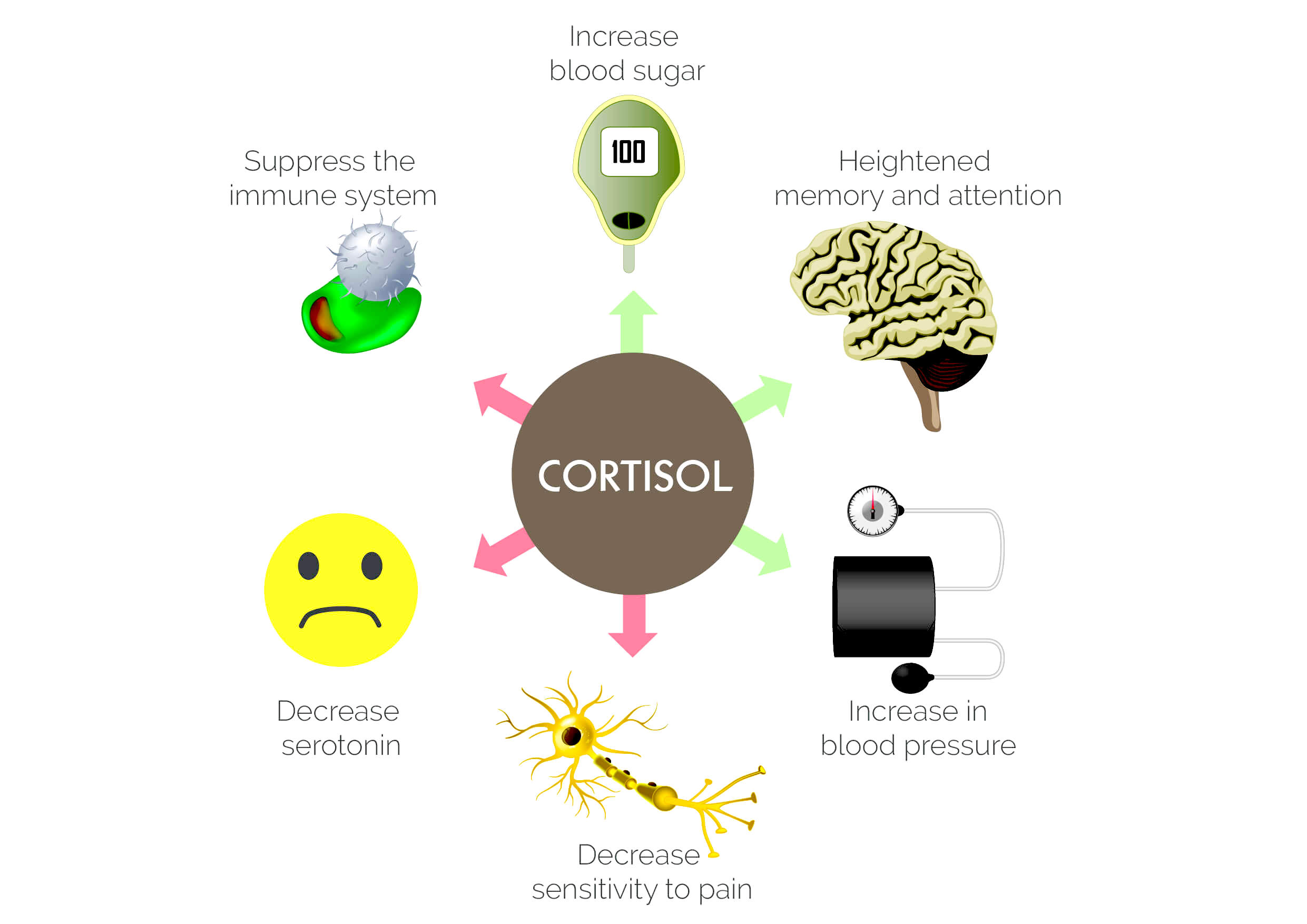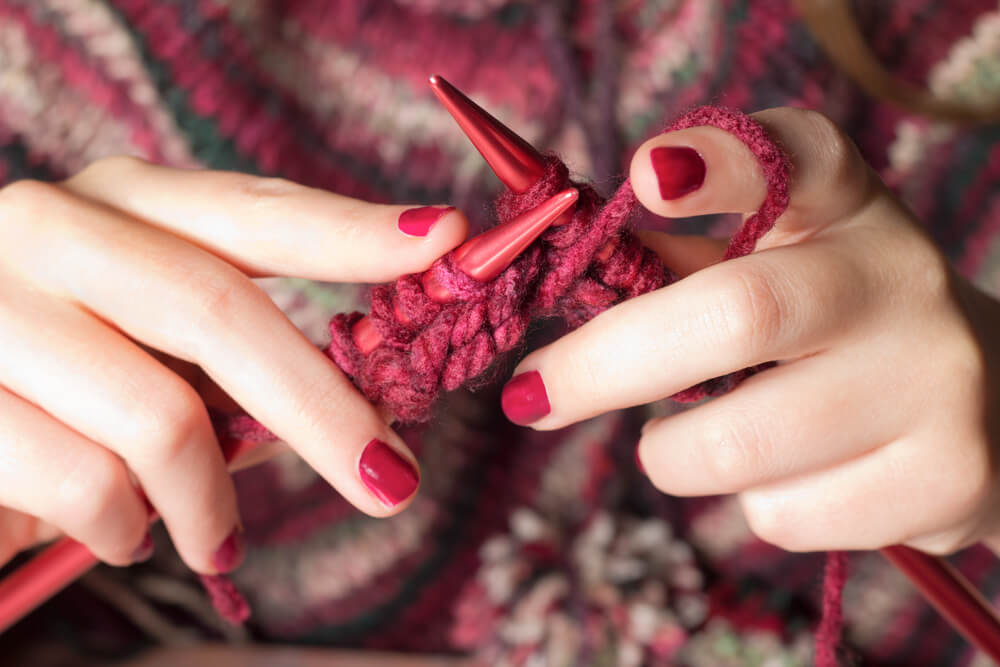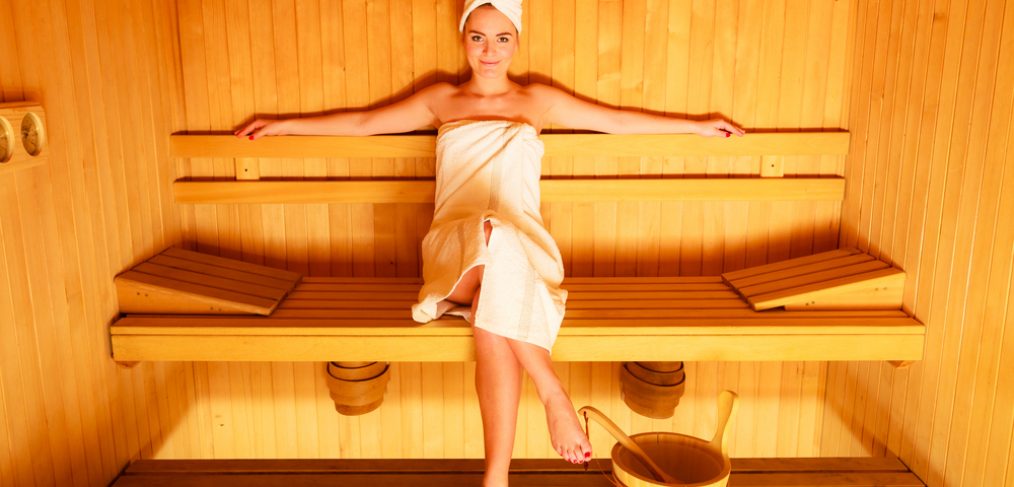As many of us who have ever had social media (i.e. everyone) know, 2019 is all about self-care. And even though many try to disregard its importance, in this day and age, we truly need some time for ourselves, to take care of our physical, emotional and mental health.
We often go about our days just letting the stress accumulate without any regard for how it may impact our lives. When in fact, stress can have a major impact on both the body and the spirit.
That’s precisely where self-care comes in.
However, a lot of people struggle with implementing self-care into their daily lives. Rushing here and there, it remains forgotten among duties of the day. But, fear not, there are ways you can make sure you stick to your self-care routine.
What is Self-Care?
Most people find it tricky to truly take care of themselves. When we truly think about it, not many of us can find too many things that we do in that regard.
How long has it been since you dedicated a day, or even an evening, to yourself?
If you can’t remember, then it’s clear you’re in dire need of self-care.
Self-care includes activities that we do that help our physical, mental and emotional help. Its main purpose is to improve our mood and to reduce anxiety and the accumulated stress of the day. It is also the basis of a healthy relationship towards one’s self and even others.
It’s not selfish, as some may think. Self-care is extremely important if we are to help ourselves get through the stress of our day-to-day lives.
So don’t think you’re selfish if you’re dedicating your time to your well-being. It seems that we’re not doing enough of that as it is. Focus on yourself from time to time and this will lead to a much fuller, happier life.
It doesn’t have to be anything complicated – it can include a good book, reveling in the joy of bath bombs, or even playing music. But it is incredibly important to have that time devoted to doing what will make you feel better.
There are various benefits to self-care, which are, frankly, too precious to count. Here’s what you can expect when you dedicate yourself to yourself:
- Lowered stress
- Improved wellbeing
- Increase in productivity
- Higher self-esteem and self-awareness
- Improved health
So how do you create a reasonable self-care routine?
Many of us decide one day that we’ll start treating ourselves better, and that we’ll start our self-care routine this very day.
However, many of us also don’t follow through. Various commitments get in the way and we simply give up on what’s the easiest.
But, with these few tips, you can create your own self-care routine that you won’t abandon when the obstacles arise.
Do the Things You Love
One of the possibly worst things you can do when you’re trying to stick to your self-care routine is to do something you’ve heard is the best, but doesn’t quite cut it for you.
Yeah, yeah, we all know that yoga’s great (and it really is), but if you find that it doesn’t suit you, and you don’t feel too relaxed when you’re doing it, then that’s not something that should find its way into your routine.
Remember, everyone’s different. What works for someone else may not work for you.
And in that case, it’s most likely that you won’t commit to it.
Try to think of a few activities that you love, and some that bring you joy. For instance, you may feel happy when you’re playing the flute, or when you’re building a table. Make a list of activities that make you feel good.
If you’re not sure what you truly love, try a few different things. You may even find something that you’re good at. Why not? Try a dance or a cooking class, or listening to some podcasts, see what interests you and, more importantly, what leaves you feeling a little more content and a little less stressed.

Choose activities that are beneficial in various ways
There are truly plenty of self-care routines, but a lot of them do fall into some dimension of wellness. There are six dimensions of wellness: intellectual, spiritual, emotional, physical, social and occupational.
So, if you’re choosing to take care of yourself, choose activities that will be good for you in various ways.
For instance, if you enter a volleyball team, you get the bonus of physical and social wellness. On the other hand, if you join a book club, you’re getting both intellectual and social part of your being taken care of.
Of course, don’t go against yourself. If you feel like the social factor of the activity would not benefit you, choose something else. You can even read a book while you run on a treadmill, there’s nothing stopping you.
The important thing is to choose activities which will satisfy more needs, but that will also suit you.
Keep It Simple
One of the reasons why our self-care routines don’t always work is that they’re too complicated. And it’s not likely that we’ll stick to something too complicated.
In fact, we might just chuck it in the bin right on the first day precisely because of that, believing we can’t keep up with that.
And it’s true, if you go on thinking that it’s just another obligation, it’s probably not going to work. With so many other obligations pertaining to work, and our family/friends, we tend to put our needs on the backburner.
Self-care doesn’t have to be anything lengthy and it doesn’t have to cost a lot of money. The main point here is to fit it into your lifestyle, while also getting to the point where you’re recharged and relaxed.
Create A Plan
Now, when we say plan, we don’t mean a regimen that you simply have to stick to. This is about simply making the time for self-care.
You can start off easy, with 15 minutes in the morning or the evening scheduled for exercise, or reading.
Make sure that you let your family and friends know you’re unavailable at that time.
If you prefer it that way, write a faux timetable and put it on your wall. Sometimes, when you plan ahead, it simply becomes much easier to fit it into your days, especially if you generally lead a hectic life. And, in general, some people simply like planning.

A good way of doing that is making a plan a day in advance. We’re not often sure what our whole weeks will look like. That is why it is perhaps best to sit down in the evening and map out the next day. That way, there’ll be less chance of something changing and putting a wrench in your plan.
Know When to Be Flexible
Another thing that it’s important is that, while we all lead pretty organized lives, there are times when our routine changes and something unexpected pops up.
Things get in the way, that’s a given.
But the important thing is not to let your plan go completely.
However, you should remember that every day is a fresh start. If you were unable to do your self-care routine one day, do it the next. If you’re unable to do it in the morning, do it in the evening.
After all, this is about you and what you can do at that time. If you choose to do just one thing from your routine because you simply don’t have the time, well, then, you did that one thing. And that’s great. The important thing is not to give up. You can’t always do everything that you’ve envisioned, but you can do at least something.
No two days are the same, so it’s best if you try to adapt. Work around your schedule to see what works best at that particular day or moment.
Don’t Be Too Hard on Yourself
A self-care routine will certainly take time to become a way of life. And, more importantly, it’s a process of trial and error.
But it’s okay if your first attempt was not that successful. Through trial and error, you will find what works best.
Another thing to look out for is not to set goals that are too hard. Be realistic when you’re making your plan.
Let’s face it, none of us can go from zero to sixty, so to speak, in a week. Unattainable goals are not what self-care is about. It’s about finding the perfect routine for you and devoting yourself to it. If you want your routine to turn into a habit, being realistic is the best way to start.
Find a Buddy
If you have someone who can fulfil the role, you should find someone who will “hold you accountable,” so to speak. A friend, a family member or even a coworker who will check in from time to time to see how you’re doing.
Also, they can be the person you turn to when you feel like you can’t devote yourself to the routine.

When we’re on our own, it’s sometimes too easy to let self-care fall to the background (and in that case, be forgotten), but if you have someone to help you along the way, it will be easier to stick to the commitment you made.
If your self-care routine includes making your diet more healthy, maybe some of your friends need encouragement for the same thing, as well. See if you can be each other’s helpers along this way to mutual wellbeing.
Get Back to Basics
Sometimes the simplest things will help you stick to your self-care routine. There are things that are so simple, yet do so much for our health, that we usually disregard. Here are some of the tips on how to get back to the basics for a much healthier day.
- Get enough sleep. How often do you get enough hours of sleep? Sleep is incredibly beneficial, but because of our jobs and other reasons, we seem to disregard it as unimportant. But that is simply not true. Our bodies fill up on energy during sleep and they need it like the air we breathe. Even a power nap during the day can help you feel more rejuvenated and more alert. But it is important that you get at least seven hours a sleep a day to be able to go about your day.
- Maintain a proper eating schedule. As with our sleeping schedule, there are various things that happen to our bodies when we mess up our eating schedule. Make sure to eat three meals and two small snacks every day. This will help stabilize your body, preparing it for the world. You can even implement food into your self-care routine. If you have an affinity for cooking, use that as me-time.
- Use the free time you have the way you enjoy it. For instance, if you have 15 minutes in the morning before you have to go to work, why not solve a crossword puzzle? Or go to the store on foot. Use those fifteen minutes for something relaxing. If you have the weekend off, try to do some activity that you know will make you feel good – finish that show that you wanted to watch, ride a bike or just meet up with an old friend. It’s essential that your free time is spent the way you will enjoy it the most.
- Focus on here and now. Many times, when we are doing one thing, our mind wanders, completely disconnecting us from the present. We think about the obligations that we have, or even something that we are planning to do in the distant future. However, self-care flies right out of the window if we do this. For it to work, we need to stay connected to the moment. The more we practice that, the less we will think about unrelated things. And the more mindful we are, the more we will actually enjoy the present and the more effect the self-care routine will have.













